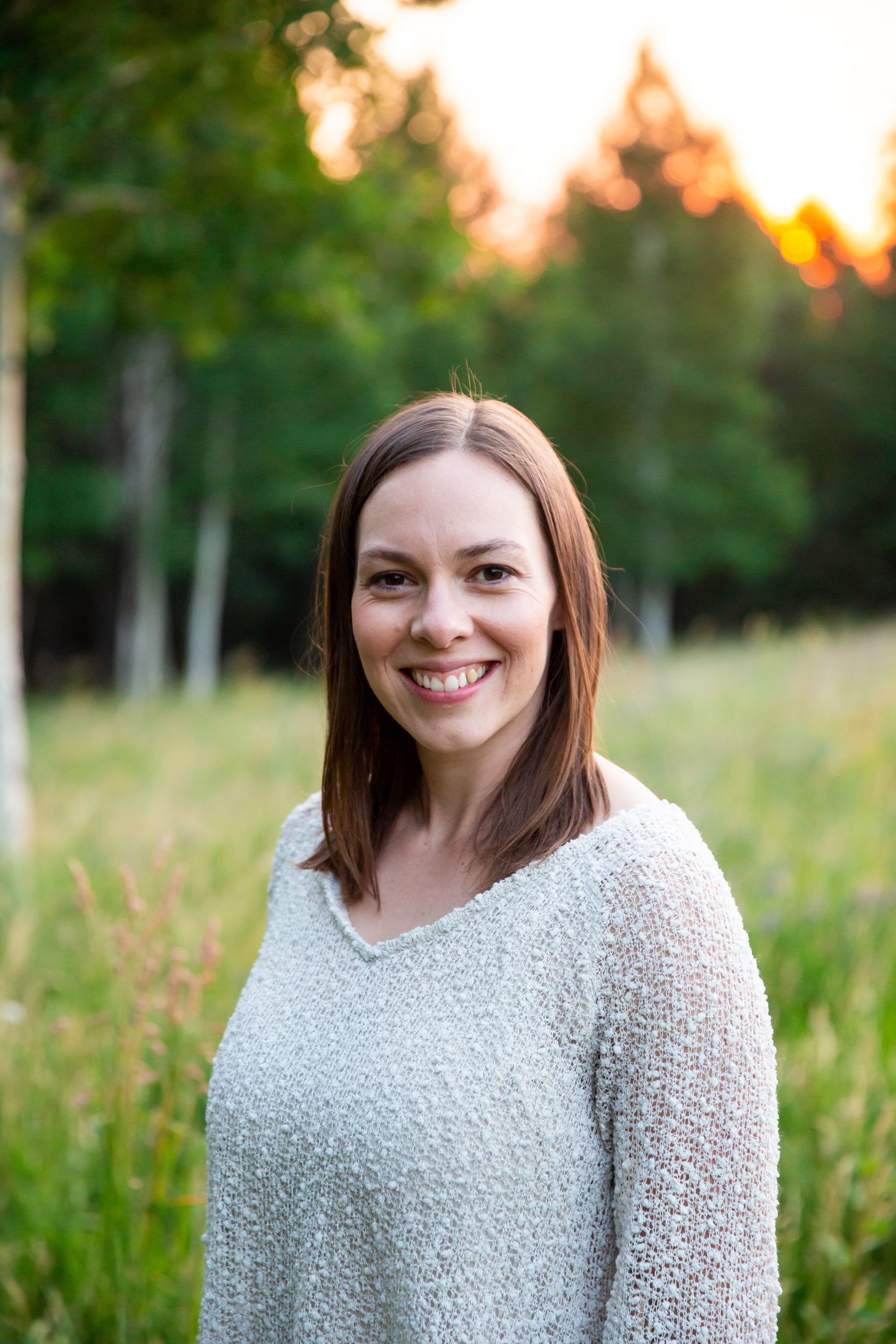Lost Roots

by Julie Lancaster View Bio

We were at the end of a dirt road in the deep woods. I somehow finagled a spot on the annual boys’ trip specially devised for my brother, dad, nephew, and Bruno, the dog. We stayed at seemingly the most reclusive Airbnb to exist, replete with moss-covered rocks and incessant rain in Muskingum County, Ohio.
I was awoken to a tap on the door as everyone else slept soundly. “Is Tom here? Tom told my dad we could fish in his pond; I’m Joe Miller.” Not knowing Tom other than I think that’s the name of the person renting us this house, I say, “Then I’m sure it’s fine. Have fun.” He hadn’t arrived by car, didn’t have a phone to call Tom, and was aiming to go fishing on a Tuesday morning. None of it was part of my world.
But much of it used to be.
I went to college in the hills of southern Ohio, just three hours from where I grew up in PA. The day I graduated, I left for California and never looked back. I’m not exactly sure why. I love the humidity and how it will turn a fresh bag of chips soft within 2 hours if left unsealed. I love the canopy of the trees touching overhead and the slugs and the back roads and the pastures, and the fragrant honeysuckle. It’s not until now that I realize: I think I have forgotten my roots.
As we go our separate ways after our short retreat, the boys drive me to the only car rental facility within 50 miles so that I can continue on to a girls’ weekend where I will meet up with two of my best friends from college. One is flying in from Gabon, West Africa, where she has lived for decades, and the other waits for us on her 30 acres of farm and forest.
During the three-hour drive, I stopped at a Goodwill to break up the drive. This is one of my favorite things to do lately to learn about the culture of a place. It’s a great cross-section of people and their stuff. I buy an Ohio hat and start to try to reassimilate as a local. There is a handwritten religious quote taped to the checkout counter and it’s in a mini strip mall with a pawnshop, a donut shop, a gun shop, and a Dollar General.
As I drive, I think about how my mom is from West Virginia and my dad is from Colorado, and neither of them visits their places of origin, and doesn’t seem to identify as adults with those places. I wonder: what does holding onto your roots while continuing to grow and move forward look like?
I arrive in Blue Creek, Ohio, and I feel the fast-paced frenzy that is sometimes my life melt even more. Here, they make their own granola, yogurt, moonshine, and bread. They pick blueberries from their own bushes and chamomile for tea from their yard. Their son takes me on a tour of the property, including the woodshed, the orchard, the pine forest, and the place they like to pitch a tent and listen to the frogs at night. They work hard and they relax hard. I love this kind of living.
Michelle is a senior scientist for The Nature Conservancy. Vassar is the most-seasoned naturalist for the Ohio Department of Natural Resources, clocking in at 28 years of service. These ladies love nature hard.
And so do I. Or so did I. I still love it, but now I spend most of my work life indoors. I wear indoor clothes and look at screens a lot. My energy is focused on people and people’s words, and people’s plans. Just a few short decades ago, I ran an outdoor education school and focused on what was outside. I would listen and look, and smell nature. Without words.
When there were words, we’d sing to teach about the environment; those words are carved forever into my memory. “Scat makes the world go round. The forest won’t survive if it’s not on the ground.” And, “Live oak, live oak. Ooh baby, let your xylem flow.” And, “Head, thorax, abdomen; their inside out, no bones within.” And, “Bats eat bugs, they don’t eat people. Bats eat bugs; they don’t fly in your hair.”
While I was busy living, my focus on the living world seemed to whisper away without me noticing.
But now I am paying attention. It’s amazing what can happen in just three days of pausing. I see how my friend and her family know the rhythms of the plants, the cycles of the moon, and which is the sound of the 17-year cicadas compared to the ones that emerge annually. I notice how they listen to the birds and pause us to pay attention.
I didn’t set out on this trip expecting to find direction. But nature has a way of offering wisdom when we give it room. I can now weave together how the rhythms of the wild mirror the rhythms of leadership: growth after stillness, resilience in adversity, connection beneath the surface.
This experience cracked something open in me. It revealed that leadership isn’t confined to boardrooms or training rooms — it also lives on the trail, in the trees, in the quiet. Now, I feel called to bring others here. To let the forest do some of the teaching.
MORE BLOG POSTS
Unwind: What to do when taking care of YOU feels like just another task on our to-do list
On top of the universal grievances we have all been navigating, each of us also has a personal collection of challenging situations to manage. You may be enduring long-term, typical …
5 Strategic Ways to Conquer your To Do List
Raise your hand if you ever felt like you had so many to do lists running at one time, where everything felt like it needed to get done today, and …


